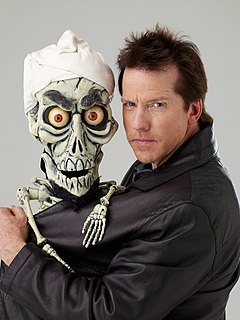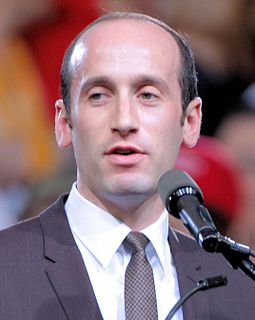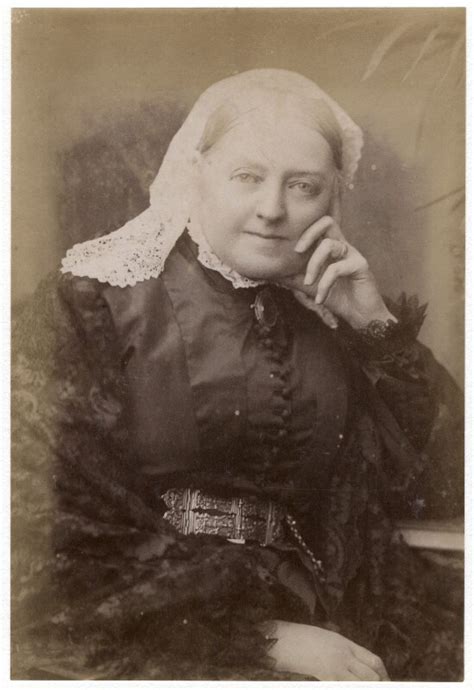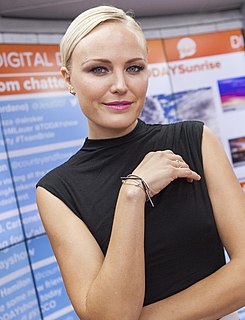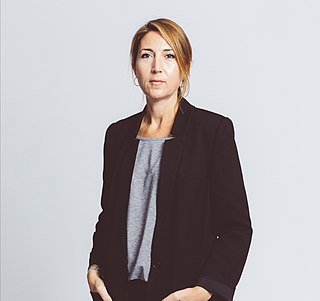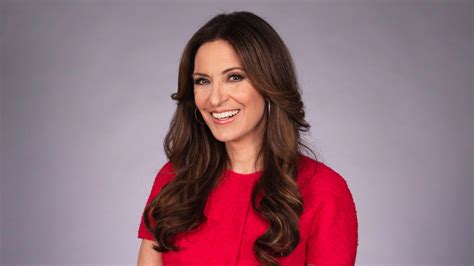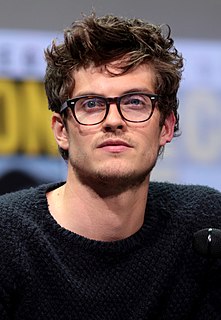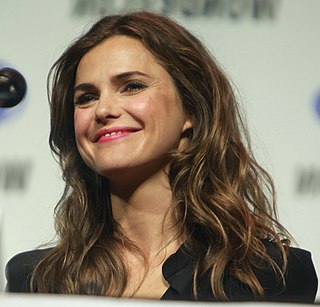A Quote by Jeff Dunham
There are not that many ventriloquists out there who build their own characters. I love that because they are uniquely mine.
Related Quotes
We're going to build that wall high, and we're going to build it tall. We're going to build that wall, and we're going to build it out of love. We're going to build it out of love for every family who wants to raise their kids in safety and peace... We're building it out of love for America and Americans of all backgrounds.
I looked to many, many filmmakers. I was influenced by the Neo-Realists, and by the Cuban, and the Latin American cinema, the '70s, European experimental work. And fortunately, all those influences gave me the strength to think, "I can make my way. I'm a creative person, I can try to create a way that is uniquely mine because I've seen so much, and I've experienced so much."
Mine to the core of the heart, my beauty!
Mine, all mine, and for love, not duty:
Love given willingly, full and free,
Love for love's sake - as mine to thee.
Duty's a slave that keeps the keys,
But Love, the master, goes in and out
Of his goodly chambers with song and shout,
Just as he please - just as he please.
I hear so many writers say - and these are writers that I trust completely - 'I just started hearing a voice', or, 'The characters came to life'. I am filled with loathing for my own characters when I hear that because they do nothing of the sort. Left to their own devices, they do nothing but drink coffee and complain about their lives.
In her previous novels, Maggie O'Farrell has often measured the distance between intimates and the unexpected intimacy of distance - geographic, temporal, cultural. In 'The Hand That First Held Mine' and 'The Distance Between Us,' characters separated by many miles or many years turn out to be joined in ways they never anticipated.
I think at some level, it's just alchemy that we, as writers, can't explain when we write the characters. I don't set out to create the characters - they're not, to me, collections of quirks that I can put together. I discover the characters, instead. I usually go through a standard set of interview questions with the character in the beginning and ask the vital stuff: What's important to you? What do you love? Hate? Fear? .. and then I know where to start. But the characters just grow on their own, at a certain point. And start surprising me.
